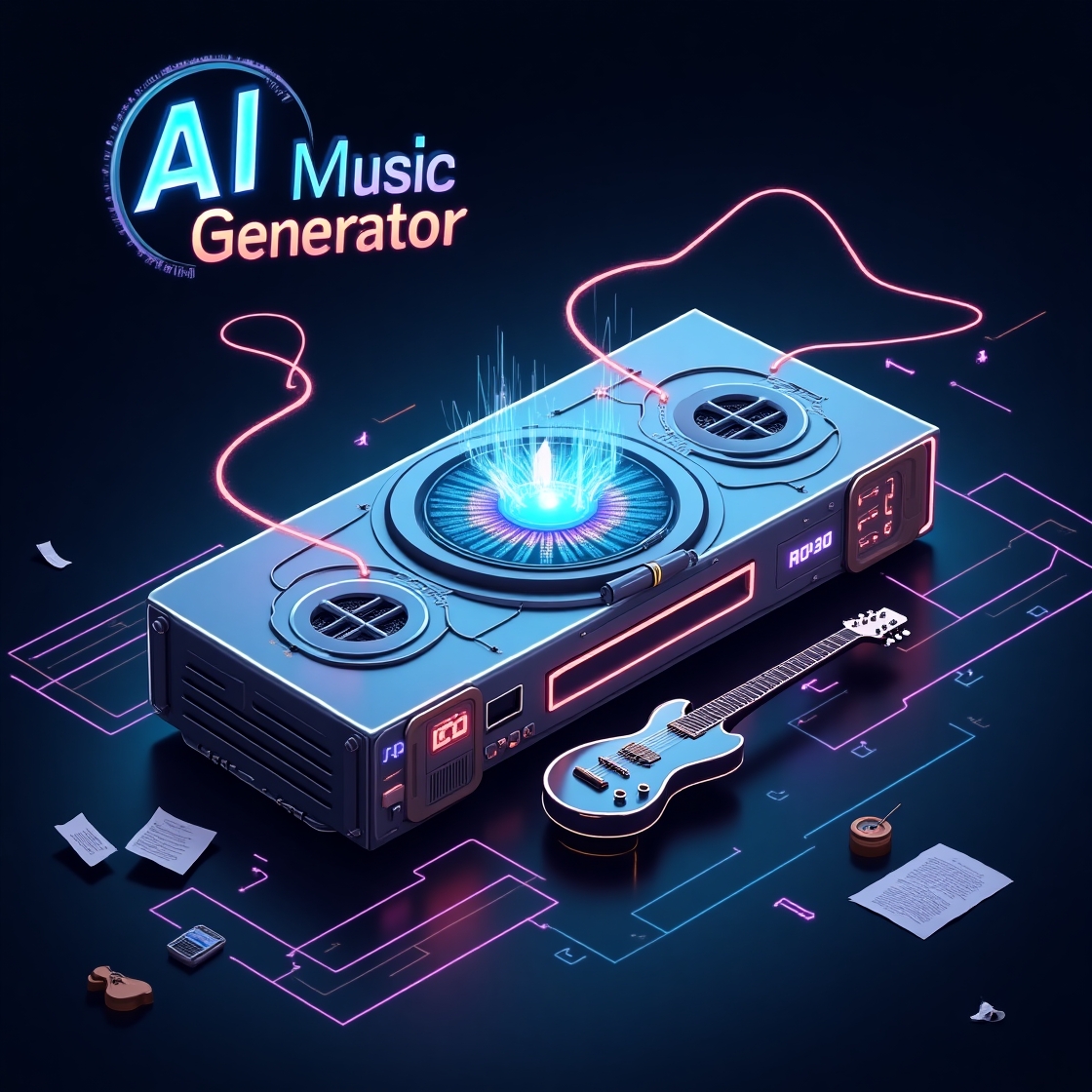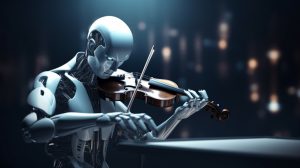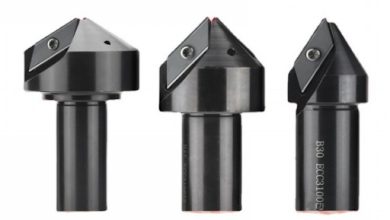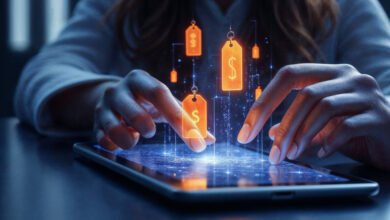AI Music Generator: Transforming Music Creation with Artificial Intelligence

In the age of digital innovation, artificial intelligence (AI) is not just changing how we work and communicate—it’s also reshaping how we create art. One of the most fascinating examples of this is the AI music generator, a groundbreaking tool that allows anyone to create original music with the help of intelligent algorithms.
What Is an AI Music Generator?
An AI music generator is a type of software that uses artificial intelligence to compose music. It can automatically generate melodies, harmonies, rhythms, and even full-length songs based on user input or preset options. These tools rely on machine learning models that are trained on thousands—or even millions—of existing music tracks to understand musical patterns and styles.
Some AI music generators allow users to customize the output by choosing the genre, mood, tempo, and instruments, while others can generate music completely autonomously.
How Does It Work?
AI music generators work by analyzing patterns in musical compositions using techniques like:
- Deep learning and neural networks to predict note sequences and musical structures.
- Natural language processing to interpret user instructions and generate lyrics.
- Generative algorithms like GANs (Generative Adversarial Networks) or Transformers on produce original music.
The AI learns from a vast dataset of songs and uses this knowledge to create new compositions that sound stylistically similar but are entirely original.
Benefits of Using an AI Music Generator
Using an AI music generator offers several advantages:
- Speed: Create high-quality music in minutes.
- Accessibility: No need for advanced musical skills or expensive instruments.
- Cost-effective: Great alternative to hiring a composer or purchasing licensed tracks.
- Creative support: Helps artists overcome writer’s block and explore new ideas.
- Royalty-free options: Many platforms offer music that can be used commercially without copyright concerns.
Popular AI Music Generator Tools
There are several AI-powered music generation platforms available today. Some of the most notable include:
- AIVA (Artificial Intelligence Virtual Artist): Designed for professional composers and soundtracks.
- Amper Music: Offers fast, royalty-free music generation for content creators.
- Boomy: Lets users create and publish songs to Spotify and other platforms.
- Soundraw: Focuses on customizable music for videos and ads.
- Ecrett Music: Easy-to-use interface with music for games, films, and vlogs.
Common Use Cases
AI music generators are being used in various industries, including:
- Video production: Background scores for YouTube videos, ads, and short films.
- Gaming: Dynamic soundtracks that adapt to in-game actions.
- Marketing: Music for commercials, product videos, and brand promotions.
- Education: Teaching tools for music theory, composition, and creativity.
- Personal projects: Custom playlists, podcast intros, or just for fun.
Challenges and Limitations
Despite their advantages, AI music generators do have some limitations:
- Lack of emotion: AI may struggle to replicate the emotional depth of human-composed music.
- Quality control: Not all outputs meet professional standards without human editing.
- Ethical concerns: Questions around copyright, originality, and the future of human musicianship.
Still, most experts view AI as a complement to human creativity, not a replacement.
The Future of AI in Music
As AI music generators continue to evolve, we can expect:
- More sophisticated and human-like compositions.
- Personalized music creation based on mood, context, or biometric data.
- Greater collaboration between artists and AI systems.
The fusion of technology and music is creating new opportunities for expression and innovation.
Conclusion
The AI music generator is more than just a tech trend—it’s a transformative tool that is democratizing music creation. Whether you’re a professional composer, a video creator, or someone with no musical background, AI offers a fast, easy, and inspiring way to produce original music. As artificial intelligence continues to advance, the sound of the future will be shaped by both humans and machines—working together in harmony.



